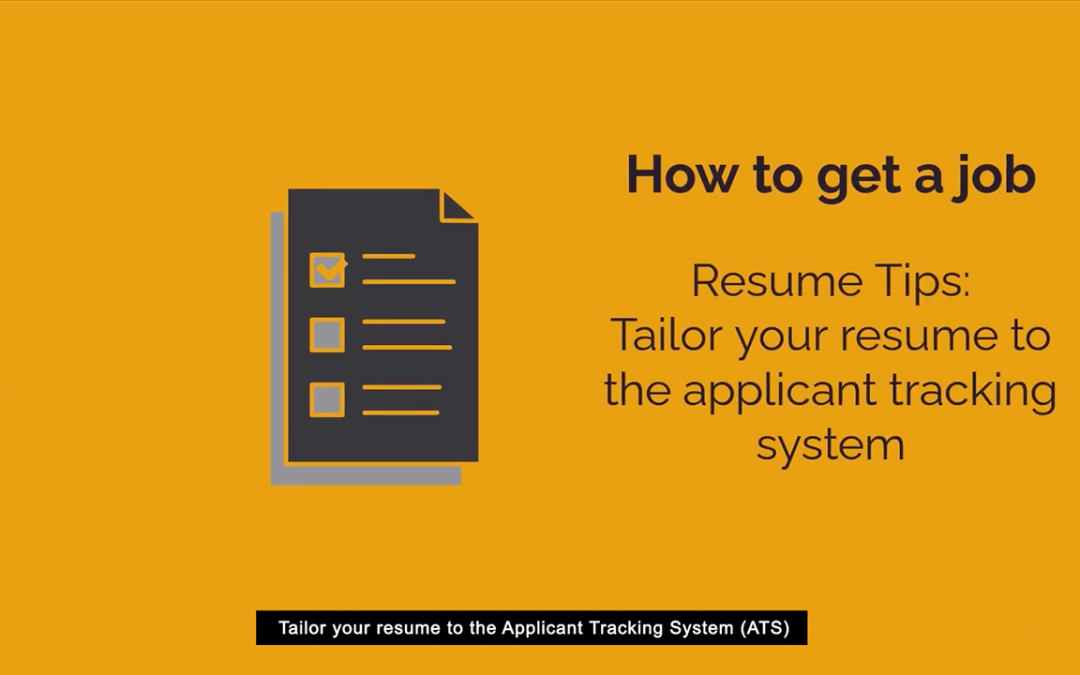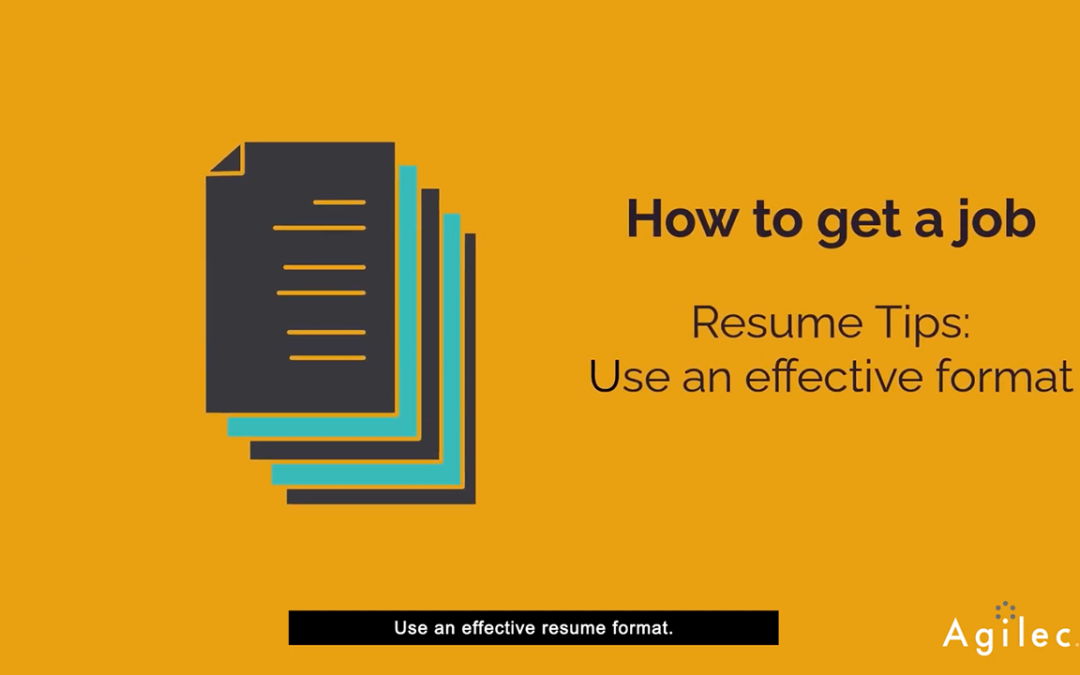Grief, anger … opportunity
Note from the author: COVID has us all working in unchartered territory. To learn more about what it’s like having to job search during a global pandemic, I sat down for a frank conversation with Kelly Bidon – Career Coach. Kelly has, over the course of her 25-year career, worked with thousands of employers and displaced workers – supporting employers with the many considerations regarding lay off’s and termination and for the affected employee(s), the many considerations required to prepare for their next career.
Let’s talk feelings and dive into the many emotional considerations of personal job loss.
When people lose a job, it’s similar to the loss ‘cycle’ of grieving the passing of a loved one. With job loss, whether it is from termination or layoff, there can be anger, denial, bargaining, guilt, fear, shame … and eventually acceptance. There is a lot of emotion, and like loss, it’s often tough to unpack.
I am a Career Coach – a professional that assists people with taking the negative and uncomfortable emotions associated with job loss and turning it into opportunity.
Occasionally, I provide employers with Termination Assistance – being onsite to assist the displaced employee with ‘normalizing emotions’, discuss the array of Outplacement also known as, Career Transition Services they have available to them, assist with gathering their belongings, ensuring they are okay to travel home, and departing what is often described as ‘our second home’ with grace and composure. Whether involved in Termination Assistance or not, over my 25 years working as a Career Coach, I’ve sat with candidates through their uncontrollable tears, anger, confusion, denial, and sometimes all of the above during a single meeting.
During my initial meeting/introduction to a candidate, I never know how they’ll react. Sometimes they’re welcoming, engaged, and eager to access the assistance I’m offering, while other times, occasionally, they choose to not accept my assistance due to feeling suspicious or angry. I understand that they’re not angry at me. So, while I might see/experience anger from a candidate, I can see past it, and find that when I peel back the layers, offer my acceptance and understanding, I am able to establish trust and rapport, get to the core of a person, and move forward.
A very important component of the grief process is allowing people the time and space to feel heard. This is also the case for job loss. Job loss often results in considerable confusion, fear, uncertainty, and vulnerability. Losing a job is not simply losing a paycheck; every aspect of the displaced employee’s life has been impacted, including their personal relationships. It’s my job to listen, understand, and present people with opportunities – the opportunity to identify and transfer skills, values, and personal attributes to another career, opportunity to identify careers that bring greater personal passion and purpose – the opportunity to ‘land’ a new career, or an employer that ‘checks all the boxes’.
While some Career Coaches may choose to not explore a candidate’s emotions, I feel it’s crucial to acknowledge emotions. I want to get to know the people I work with so that when they’re ready to access, Outplacement/Career Transition Services, I have a more solid understanding of where they’re coming from and where they want to go. Understanding the ‘whole’ person ensures that every individual I work with has a plan of action that is relevant to them, their life, and the way they see and experience the world of work.
In the situation where a candidates’ former employer pays for their Outplacement/Career Transition Service, I never disclose any of what is discussed between myself and the displaced employee back to the employer; I always make a point of sharing this with every individual I work with. It’s very important that candidates feel as though they can have very candid and ‘real’ conversations with me – that they don’t have to edit what they ‘really’ want to say about their termination or their employer.
We don’t report back to the employer; we are here to customize a service to suit every individual’s needs based on where they are coming from and where they want and/or need to go.
So, if you find yourself terminated or laid off and attempting to work through the many emotions, be kind to yourself, give yourself space and time work through your emotions, find a support person you’re comfortable talking to, and remember, while job loss can be confusing and painful, it can also be the beginning of a really great, new chapter in your life – a new opportunity.
Want more information?
Click here to learn more about Career Transition / Outplacement Services at Agilec.
Feel free to contact Kelly Bidon – kbidon@agilec.ca or 905-443-1001 ext. 2046





